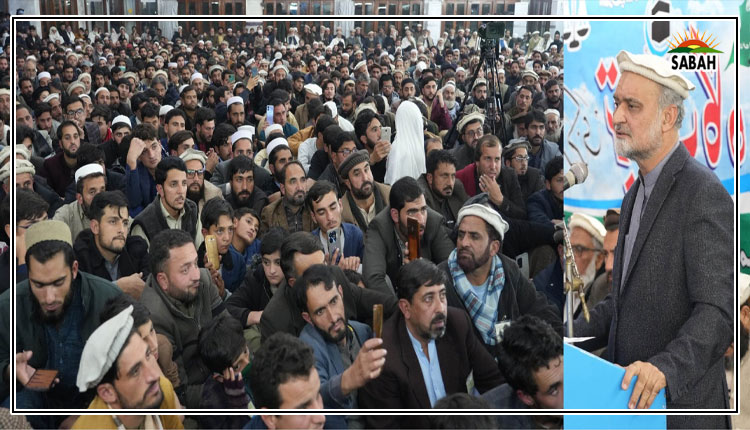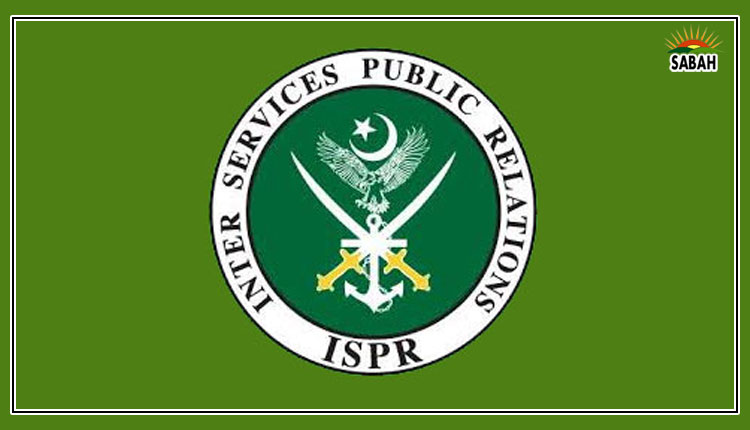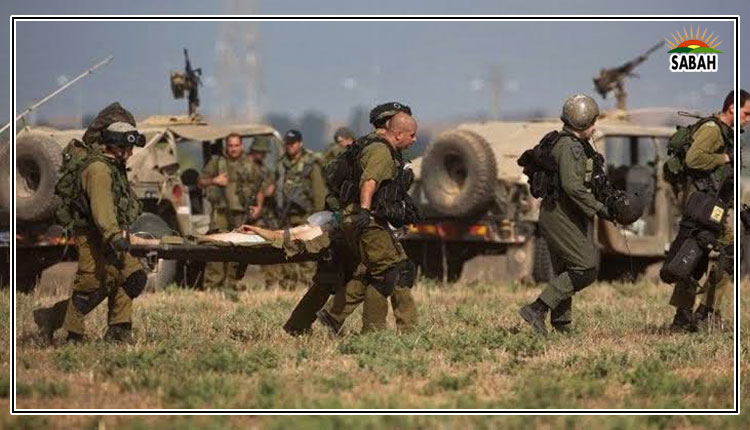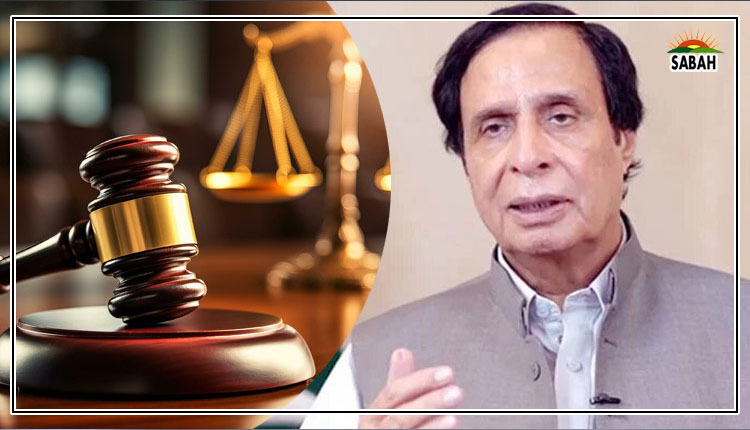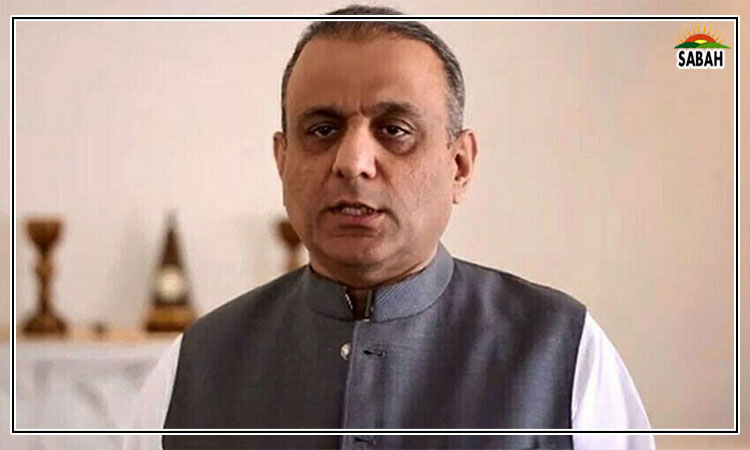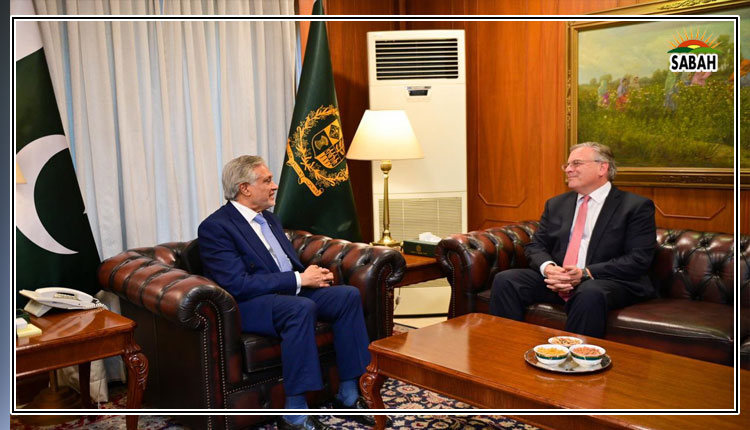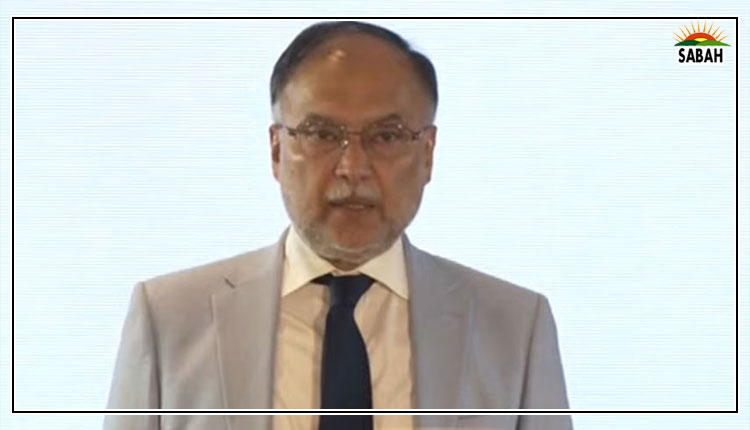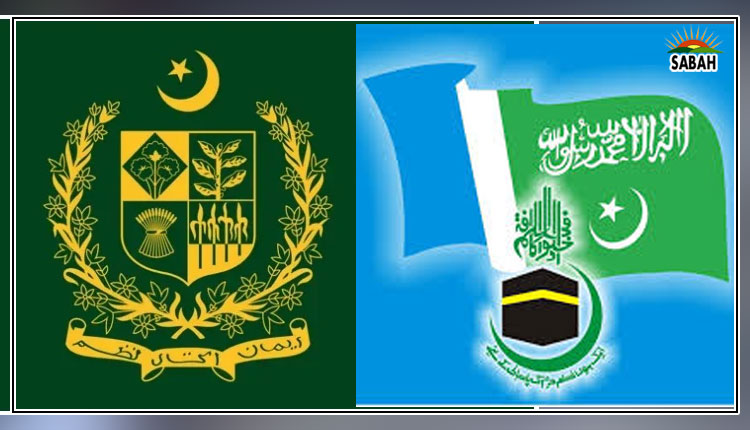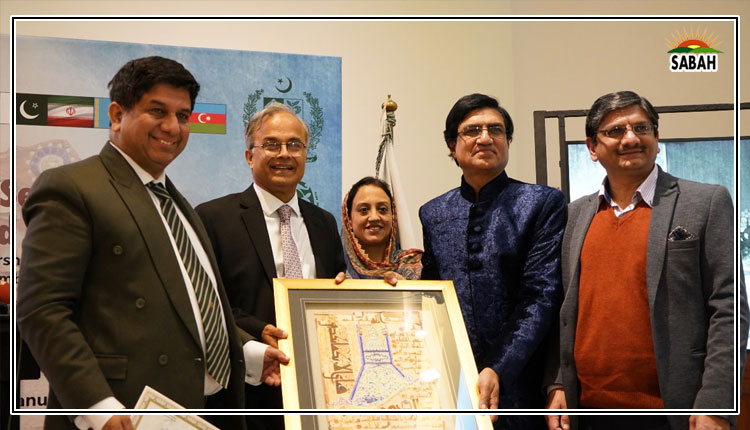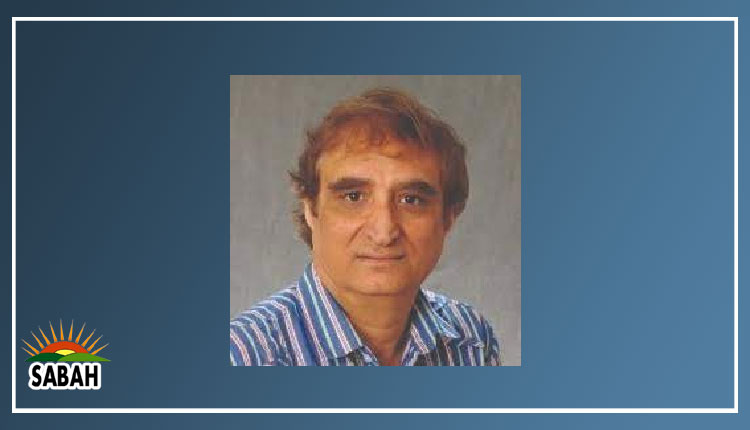World powers must view dispute from the perspective of people of Kashmir: Dr. Imtiaz Khan
“The people of Kashmir have been observing October 27 as the day of grief, sorrow and above all a day of occupation because it was on this day in 1947 that India sent its army to occupy the land of Kashmir without the consent of its people and in defiance of international norms. So, the occupation of Kashmir happened 75 years ago when Indian troops invaded Kashmir under the auspices of a fraudulent Instrument of Accession. British historian, Alaister Lamb has convincingly demonstrated that the Instrument was bogus as an original has never been found, and there is no plausible explanation for a disappearance of an original had it ever existed,” this was stated by Dr. Ghulam Nabi Fai, Chairman, World Forum for Peace 7 Justice at an event in Washington, DC.
Dr. Fai added that the people of Kashmir are constantly reminded of the fact that it was in 1948 that the United Nations adopted resolutions that clearly state that the people of Kashmir have the right to determine their own future through a free and impartial vote. They ask the United Nations to follow through on its commitment given to the people of Kashmir.
Fai clarified that by today’s violent world, the behavior of the Indian occupation regime in Kashmir is singular in as much as it has enjoyed total immunity. Not a word of condemnation has been uttered at the important capitals of the world, not even a call on India to cease and desist from its near- genocidal campaign. This is not merely a case of passivity and inaction; in practical effect, it amounts to an abetment and encouragement of murderous tyranny. If tyranny is not condoned inside the territory of a member state of the United Nations, is there not greater reason for the United Nations to intervene when the territory is one whose disposition is to be determined through a free and fair vote under the impartial auspices of the world organization.
Fai appealed to the world powers that for comprehensive and lasting peace in South Asia; and a politically secure and democratic future, the right to self-determination of the people of Jammu & Kashmir be recognized and respected. He added that there must be an early, just and durable resolution to the Kashmir dispute in accordance with the international agreements and the wishes and the aspirations of the people of the State.
Dr. Imtiaz Khan, Professor at George Washington University Medical Center said, October 27 reminds Kashmiris one of the darkest days in the history of sub-continent when Indian army landed in Kashmir and forcibly occupied the territory. Indian government has repeatedly flouted the UN resolutions and thumped at the nose of international community. Since last 35 years Indian forces have inflicted atrocities on peace loving people of Kashmir that has led to killings of more than 100,000 people. Thousands of women have been gang raped and mass graves have been discovered. This raises serious questions about the responsibility and commitment of UN to establish a peaceful world order and protect the rights of weaker nations.
Dr. Khan asked: What is at stake is not only the lives and security of people of Kashmir but the safety of 1.5 billion people of South Asia. Sandwiched between three nuclear powers unabated violence in the region is an invitation to death and destruction. The nuclear clouds are hanging over the region and nonchalant attitude of the world bodies will have disastrous consequences. Without any further delay world powers should put pressure on India to pave way for negotiations among all three stake holders that will result in the exercise of right of self-determination as promised by United Nations.
Dr.. Khan, emphasized, “I firmly believe that far too long has the world viewed Jammu & Kashmir dispute from the perspective of India and Pakistan and never from the perspective of the people of Kashmir that are directly affected by the problem day after day on the ground. And I believe that to ignore the Kashmiri viewpoint is a big mistake. The international community must take into account the Kashmiri perspective which I believe is more important than the perspective of the international community.”


